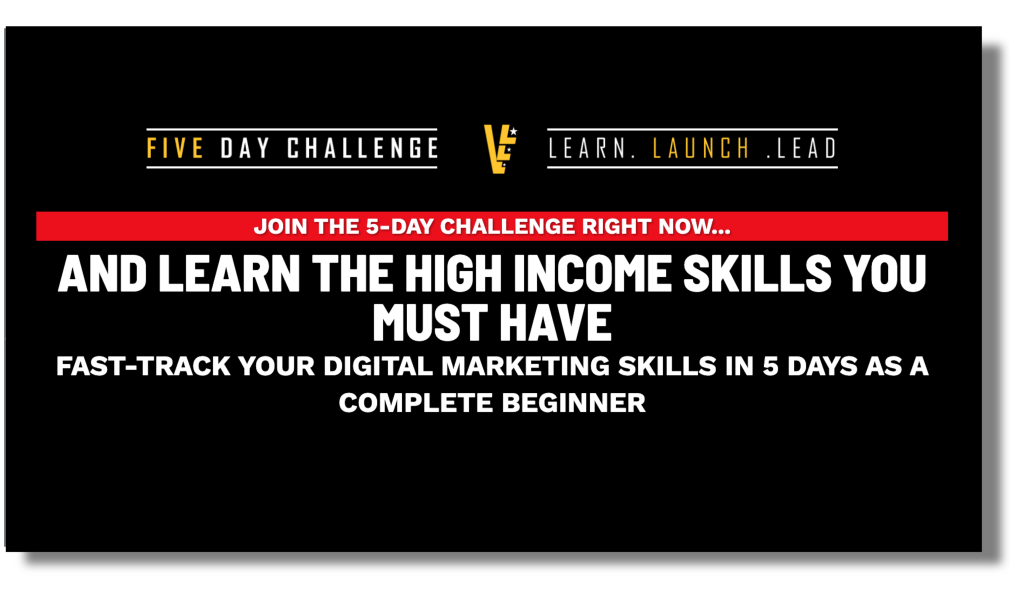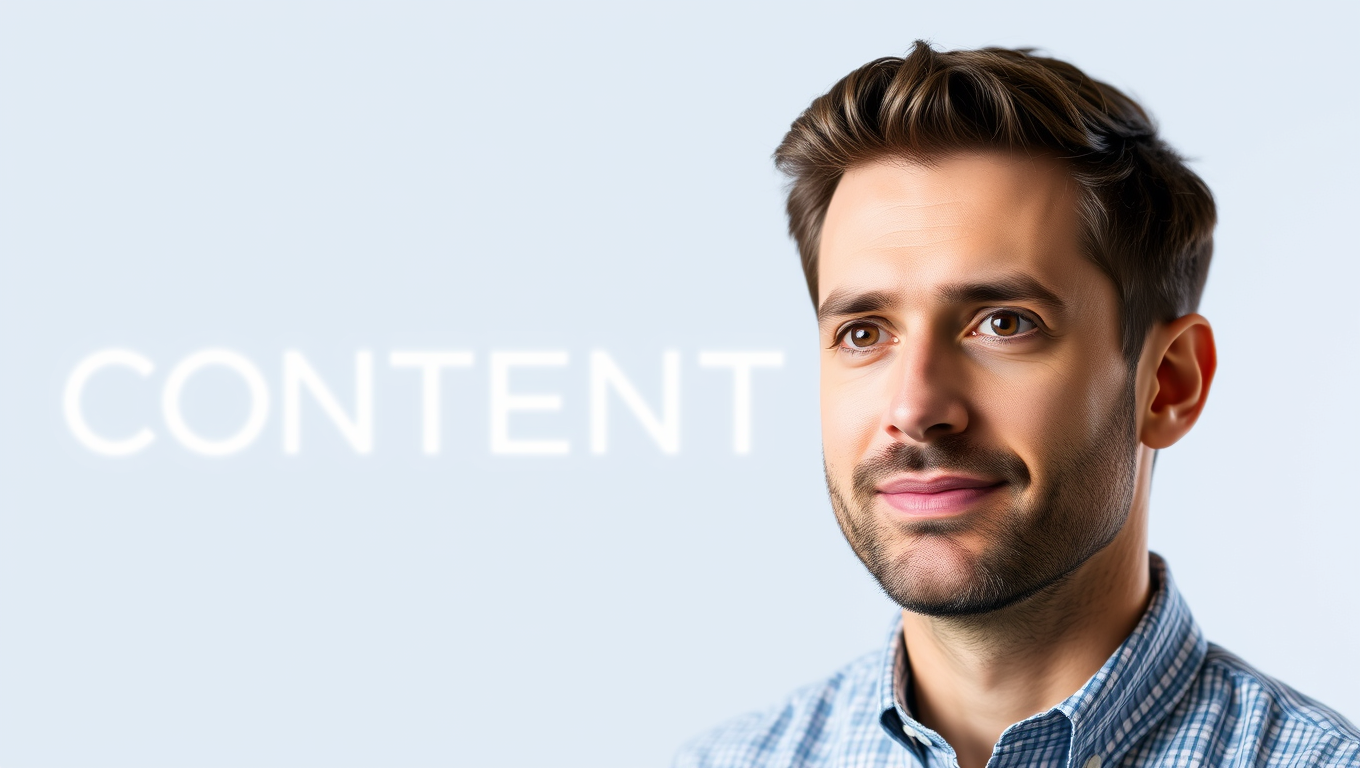Overwhelm From Research

"There’s so much information out there—how do I even begin to sort through it all?"
If you've ever caught yourself whispering (or maybe shouting) this question into the void, you’re not alone. In a world where Google serves up millions of search results in seconds, the sheer abundance of information can feel less like a gift and more like a tidal wave. Where do you even start? How do you know what’s worth your time, what’s reliable, and what’s just noise?
Here’s the thing—it’s not just you. Everyone feels it. The overwhelm, the frustration, the sinking feeling of, “I’ll never get through all of this.” It’s like being handed a 10,000-piece jigsaw puzzle and realizing you don’t even have the box with the picture on it. You’re not just trying to piece things together; you’re trying to figure out what the picture is supposed to be in the first place. And let’s be real—that’s exhausting.
So, let’s take a breath. Imagine for a moment that you’re standing in front of a vast, messy bookshelf. The shelves are sagging under the weight of books, some stacked neatly, others teetering precariously. Now, imagine someone hands you a single, clean notebook. You’re told to pick the books that matter most to you, jot down their key takeaways, and leave the rest behind. Doesn’t that feel more manageable already?
Let’s talk about how to do just that—how to sort through the noise, find the gems, and reclaim your sanity when faced with an avalanche of information.
Why We Feel So Overwhelmed
First, let’s get to the root of the problem. It’s not just the volume of information that’s overwhelming; it’s the paradox of choice. When you’re faced with too many options, making a decision—even a small one—can feel paralyzing. Should you read that article from the reputable journal or the one with the catchy headline? Do you trust the opinion of that blogger who seems so knowledgeable, or do you dig into the dense, jargon-heavy textbook?
And let’s not forget the fear of missing out. What if you skip something important? What if the thing you didn’t read was the key to everything? This fear can keep us endlessly scrolling, consuming, and second-guessing, stuck in a cycle that leaves us more confused than when we started.
But here’s the truth: You’re not meant to consume it all. Nobody can. The goal isn’t to read everything; it’s to read what matters.
The Art of Curating Information
Think of yourself as a curator—someone who’s tasked with selecting only the best, most relevant pieces for an exhibit. Your exhibit? Your life, your goals, your needs. Start by asking yourself a few grounding questions:
What am I actually looking for? Define your purpose. Are you researching for a work project, personal growth, or simply out of curiosity? Knowing your “why” can help narrow your focus.
What do I already know? Sometimes, we dive into research without realizing we already have a solid foundation. Taking stock of what you know can save you from going down unnecessary rabbit holes.
Where am I most likely to find trustworthy information? Different goals call for different sources. Academic research might mean sticking to peer-reviewed journals, while practical advice could come from industry blogs or podcasts.
Once you have these answers, you’re not starting with a blank slate anymore. You’re starting with a map—and that alone can make the journey feel less daunting.
The Power of Small Steps
Here’s a little secret: You don’t have to do it all at once. Seriously, give yourself permission to take small, manageable steps. Set a timer for 20 minutes and dive into just one resource. When the timer goes off, pause. Reflect. Did that resource give you clarity, or did it lead to more questions? If it’s the latter, that’s okay too—questions are often stepping stones to answers.
Think of it like going for a walk in the woods. You don’t have to see the entire trail to enjoy the journey. Sometimes, just taking the next step is enough.
Filtering Out the Noise
Not all information is created equal, and it’s okay to be ruthless about what you let in. Here are a few ways to filter out the noise:
- Check the source. Is it reputable? Transparent? If you can’t figure out where the information came from, it might not be worth your time.
- Look for patterns. If you’re seeing the same advice or data across multiple reliable sources, that’s usually a good sign it’s solid.
- Trust your instincts. If something feels off or overly sensationalized, it probably is. Trust that little voice in your head.
Knowing When to Stop
One of the hardest parts of research is knowing when to stop. But here’s the thing: Perfection is an illusion. At some point, you have to trust that you have enough to move forward. Remember, action is what turns information into transformation. Reading one more article won’t help if it keeps you stuck in analysis paralysis.
When you start feeling that familiar overwhelm creeping in, take a step back. Close your tabs. Walk away. Sometimes, the best way to gain clarity is to create a little distance.
Embracing the Imperfection
Let me tell you a story. A friend of mine once spent weeks researching the “perfect” way to start her own small business. She read every book, listened to every podcast, and joined every forum she could find. But all that research left her feeling more uncertain than ever. It wasn’t until she took a deep breath and decided to just start—imperfectly, messily—that things began to fall into place. She made mistakes, sure. But she also learned, grew, and ultimately succeeded.
The lesson? Research is important, but it’s not the end-all, be-all. It’s a tool, not a crutch. Don’t let the quest for information keep you from taking action.
Moving Forward
So, where does this leave you? Hopefully, with a little less weight on your shoulders. Yes, there’s a lot of information out there. But you don’t have to conquer it all. You just need to find what matters to you—to your goals, your questions, your life.
Remember, you’re not alone in this. We’re all navigating the same messy bookshelf, trying to make sense of it all. And while the process might not always be smooth or easy, it can be meaningful. It can lead to insights, growth, and those beautiful “a-ha” moments that make the journey worthwhile.
So go ahead. Take that first step. Open that notebook. Start sorting through the shelves. The answers you’re looking for are out there—and so is the clarity you need to find them.
Content Writing
Content writing is fraught with emotional and psychological struggles that extend far beyond technical skill.
Aspiring and experienced writers alike battle internal conflicts, feelings of inadequacy, and external pressures that prevent them from producing effective, engaging, or consistent content.
These pain points often stem from fears of judgment, unmet expectations, lack of clarity, or overwhelming demands.
Don’t let fear or confusion hold you back
"There’s so much information out there—how do I even begin to sort through it all?"
If you've ever caught yourself whispering (or maybe shouting) this question into the void, you’re not alone. In a world where Google serves up millions of search results in seconds, the sheer abundance of information can feel less like a gift and more like a tidal wave.
"I know I need to post regularly, but keeping up with this schedule feels impossible."
If you’ve ever caught yourself thinking this—or maybe even muttering it under your breath after staring at an empty content calendar for the umpteenth time—you’re not alone.
"Who am I to claim expertise? I’m not even sure I know what I’m doing."
If that thought has ever crossed your mind—and let’s be honest, it probably has—you’re not alone. I’ve been there too, staring at the blinking cursor on my screen, feeling like every word I write is doomed to fall short.
Get a Free 30 minute
Content growth audit!
We'll analyze your current content for SEO effectiveness, readability, and audience engagement, providing actionable insights to improve your rankings and drive more traffic.
© Copyright. All rights reserved.



